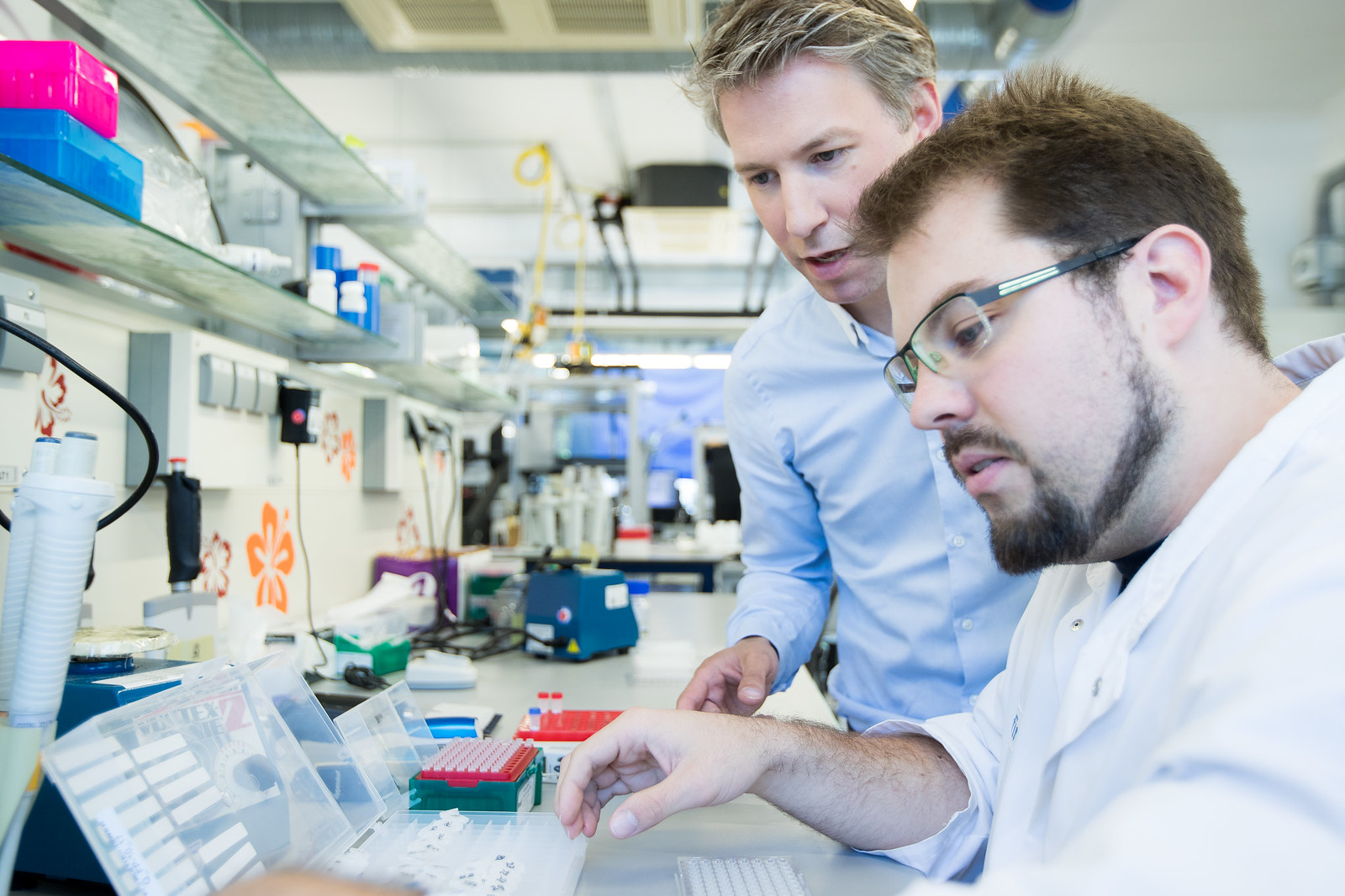
"These subjects are our jobs."
Posted at 09:00 on 04 October 2021
A friend who is a PhD biologist wrote this comment on one of my Facebook posts a couple of years ago:
These subjects are our jobs, what we spent years training and are paid to do.
This is probably the most important thing that anyone has said in the entire debate about science and faith. For all the fuss that gets made about the age of the Earth, evolution, Intelligent Design, and so on, these are not the only issues -- or even the most important issues -- at stake. No, a far greater concern is any teaching that demands that, as a Christian, I must embrace ways of thinking that would undermine my ability to function responsibly and professionally in the workplace.
When you work professionally with science or technology in any capacity, you see a side to the subject that is all but invisible to people whose scientific understanding comes from being spoon-fed blog posts, Facebook posts, TV programmes, sermons, and Answers in Genesis videos. You quickly learn that getting science wrong has consequences.
In many cases, these consequences can be severe. In some cases, they can even end up killing people. Consider, for example, the case of Therac-25: a computerised radiotherapy machine that ended up killing and maiming cancer patients due to a bug in its software that caused it to overdose in certain situations. It is required reading for computer scientists and software engineers, being used as a case study in many universities as a cautionary tale as to the damage that can be caused when things go wrong. One of the key responsibilities of scientists and engineers is to study such disasters in detail and to put in place new systems and protocols to prevent them from happening again.
This means that when you get into the workplace, you have to approach science in a professional and disciplined manner. There are skills that you have to master, rules that you have to follow, and standards that you have to maintain. Many of these rules and standards apply to every area of science, whether "operational" or "historical." Your approach has to be sharp and crisp, with close attention to fine detail and concepts and problems that are often complex, counterintuitive, and difficult to understand. You cannot afford to tolerate any approach to science in general that is sloppy, dishonest, ignorant, mathematically incoherent, or resistant to critique and fact-checking. You cannot afford to make things up or invent your own alternative reality just because you don't like the results that the computer reports to you. You cannot afford to let people fob off hard facts and evidence-based reasoning as "just your opinion," let alone as something "secular" that is not to be trusted.
If you've ever wondered why those of us who are in such positions as Christians get so upset by anti-science attitudes in the Church, that is why. Lowering our professional standards -- let alone abandoning them completely -- in order to accommodate non-essential doctrines, political positions, or "culture war" issues, is simply not an option for us. To do so would not just be unscientific; it would be dishonest, and furthermore if we were then to allow such a lowering of standards to infect how we approached our jobs, it could potentially be dangerous.
All we ask is that when apologetics literature and teaching discusses anything science-related, that it does so in a way that recognises this fact, and that respects the same standards that we have to maintain in our workplaces. Our careers are very often our callings -- they are what God has designed us for and where He has placed us -- and our witness for Christ is to maintain the highest possible standards of integrity and professionalism in that calling, and we need our churches, our pastors, and our fellow believers to support us in it.
Featured image credit: Ben Dracup, www.dnalegal.com.